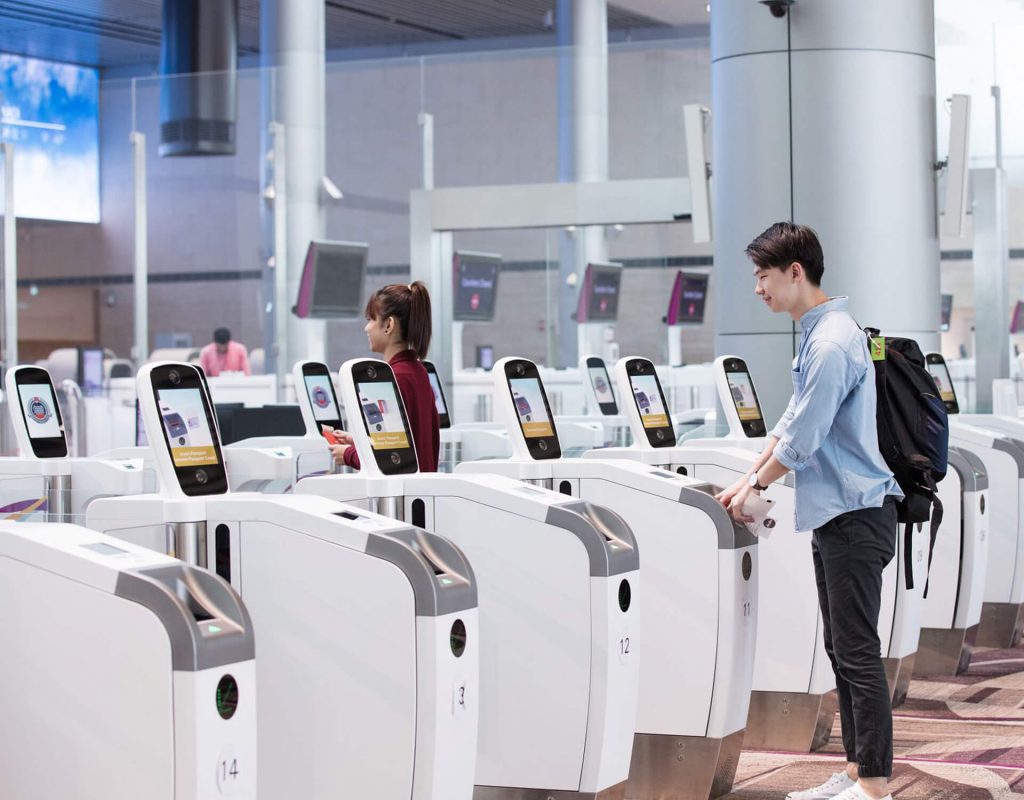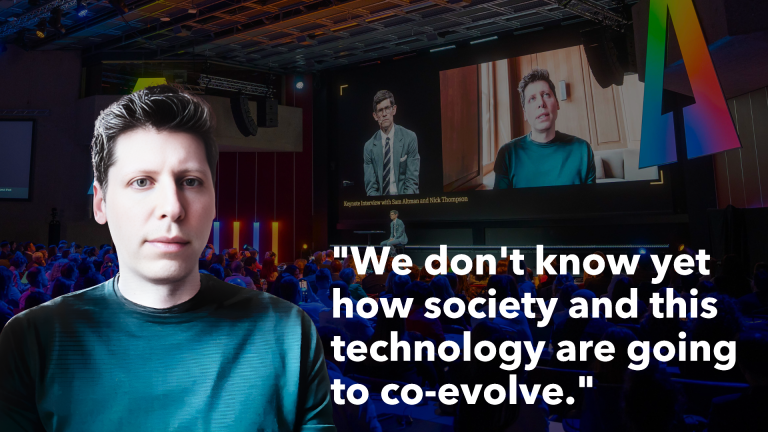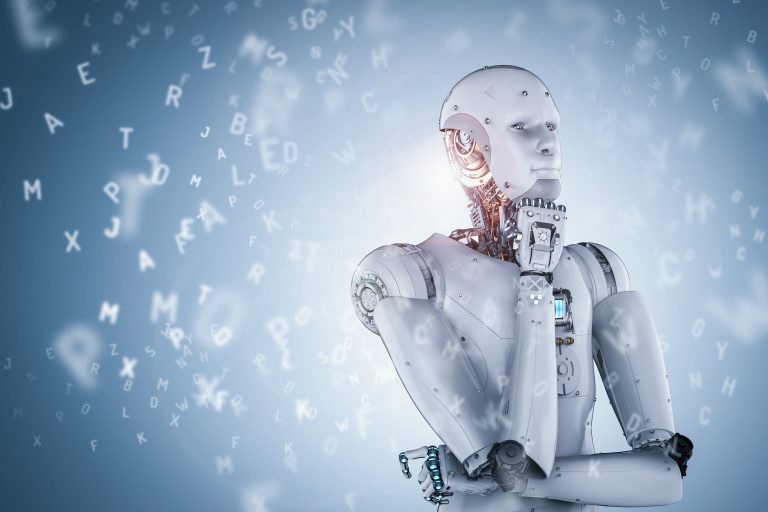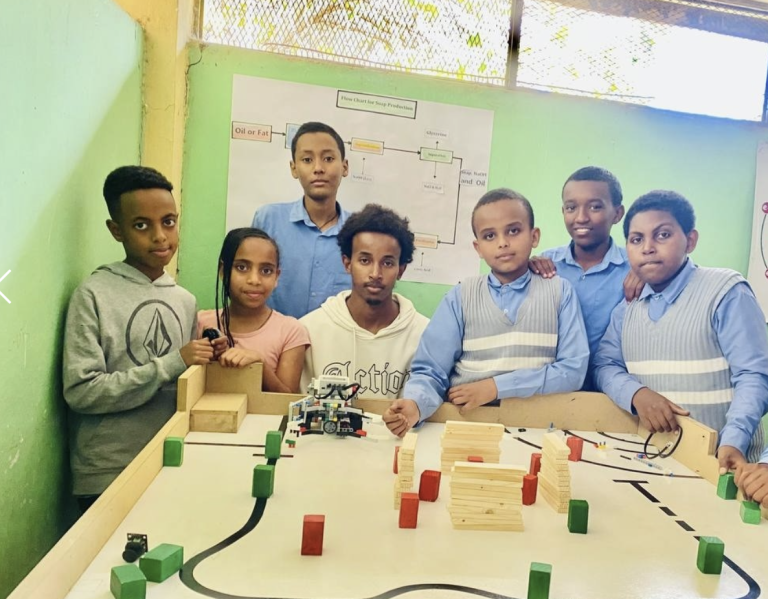Top Facial Recognition Accuracy: VisionLabs, IDEMIA, and CloudWalk Dominate NIST Rankings
NIST Report Highlights Leaders in Facial Recognition Accuracy
The National Institute of Standards and Technology (NIST) has released a report assessing the performance of various facial recognition algorithms. Notably, VisionLabs, IDEMIA, and CloudWalk have emerged as top contenders, with higher accuracy indicating fewer false positives in their systems.
The report features details such as “N” values, representing the total number of individuals in each simulation (for instance, N = 42,000 simulates an airport security line), and “k” values, which denote the number of images of each participant in the gallery. In simulations designed to mimic airport security scenarios, CloudWalk has taken the lead in terms of accuracy.
However, it is essential to note that CloudWalk, a Beijing-based facial recognition software company, has faced criticism. The U.S. government has sanctioned the firm for its alleged involvement in significant human rights violations in China, particularly regarding the treatment of Uighurs, ethnic Kazakhs, and other Muslim minority groups in the Xinjiang region.
IDEMIA, a company based in France, stands out in the rankings, securing a respectable second place overall while also outperforming CloudWalk in the N = 420 simulations. The Chief Technology Officer of IDEMIA, Jean-Christophe Fondeur, stated: “IDEMIA’s technologies are grounded in over three decades of deep learning and artificial intelligence expertise. We aim to apply this knowledge to ensure safety for travelers globally. The NIST results validate our technology’s effectiveness in diverse demographic scenarios.”
Meanwhile, VisionLabs, located in Amsterdam, leads in the N = 420 simulations as well, claiming that its face descriptor is five times more compact than its competitors and boasts a matching speed that is at least 50 times quicker.
For further insights, consider exploring the upcoming Digital Transformation Week North America, scheduled for November 9-10, 2021, which will dive into advanced strategies for a digitally-driven world.
NVIDIA Helps Germany Lead Europe’s AI Manufacturing Race
As Germany positions itself as a leader in artificial intelligence (AI) manufacturing, NVIDIA plays a crucial role. The company’s cutting-edge technology and strategic partnerships are enhancing Germany’s capabilities in the AI sector.
MedTech AI, Hardware, and Clinical Application Programmes
The integration of AI in medical technology is opening new avenues for innovation. Various hardware solutions are being developed to support clinical applications, making healthcare more efficient and accurate.
The AI Execution Gap: Why 80% of Projects Don’t Reach Production
Despite the growing interest in AI, a significant number of projects fail to transition from concept to production. Understanding the reasons behind this execution gap is vital for organizations aiming to implement successful AI strategies.
Teachers in England Given the Green-Light to Use AI
The recent approval allows educators in England to incorporate AI tools in their teaching methods. This legislative change promises to enhance learning experiences and equip students with essential digital skills.
This rewrite preserves the HTML formatting while enhancing the content’s engagement and clarity. Each topic is clearly separated, and the information is presented in a readable manner.
Latest News
- Teachers in England are now permitted to utilize AI in educational settings.
- AI’s growing impact on the cryptocurrency sector is evident, showcasing its breadth of influence.
- Sam Altman from OpenAI asserts that we are entering an era of superintelligence.
June 11, 2025: Sam Altman on the Dawn of Superintelligence
The age of superintelligence is upon us, as proclaimed by Sam Altman of OpenAI. This pivotal moment in technological advancement promises to reshape numerous aspects of our daily lives, industries, and the global economy.
As we venture deeper into the realm of artificial intelligence, the potential applications are vast and varied. From enhancing productivity to revolutionizing healthcare, superintelligent systems offer unprecedented opportunities to harness the power of data. The transformative effects of these technologies will be felt across numerous sectors, making it essential for industries and individuals alike to adapt and evolve.
However, with great power comes great responsibility. The ethical and societal implications of superintelligence warrant careful consideration. Ensuring that these advancements are developed and implemented responsibly will be crucial in navigating challenges such as privacy concerns, security risks, and the potential for job displacement.
As we stand on the brink of this new era, it is vital to stay informed and engaged with the discussions surrounding the future of superintelligent systems. The journey ahead will require collaboration among technologists, policymakers, and society to ensure that these advancements benefit humanity as a whole.






